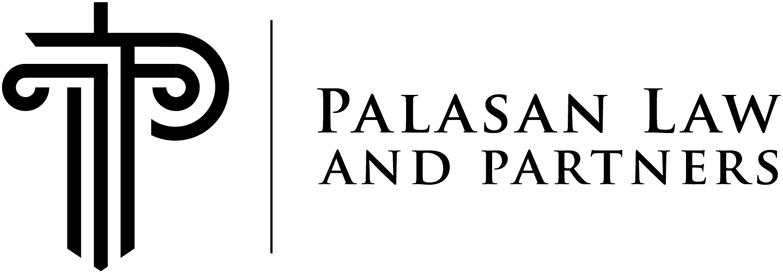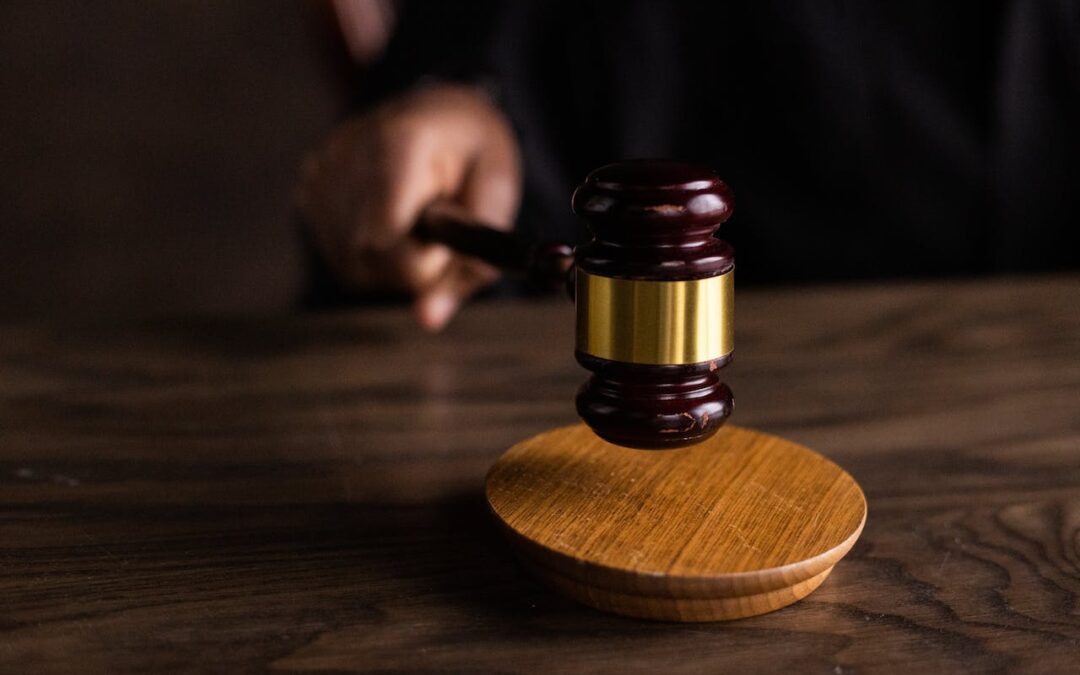A former chairperson of the Presidential Commission on Good Government (PCGG) has been found administratively liable for unethical intervention in a case then pending before the Court of Appeals (CA).
This was the ruling of the Supreme Court En Banc, in a per curiam Decision, denying the petition for review on certiorari filed by Camilo L. Sabio (Chairperson Sabio). The petition assailed the CA’s ruling finding Sabio guilty of Grave Misconduct and Conduct Prejudicial to the Best Interest of the Service.
Following the Supreme Court’s imposition of administrative penalties on CA Justices for impropriety in the handling of the then pending case between the Manila Electric Company (MERALCO) and the Government Service Insurance System (GSIS), the Field Investigation Office (FIO) of the Office of the Ombudsman and Alain Baguisi, Ma. Kristina C. Ponti, and Leander P. Marquez filed administrative complaints against Chairperson Sabio, who was implicated in the impropriety controversy.
The Ombudsman found that Chairperson Sabio’s attempt to influence the judicial discretion of his brother, then CA Justice Jose L. Sabio, Jr., in relation to the Meralco-GSIS case, was a “flagrant disregard of well-known legal, and more importantly, ethical rules,” which “unduly prejudiced and compromised the image and independence of the judiciary, and government service in general.” Chairperson Sabio was thus found guilty of Grave Misconduct and Conduct Prejudicial to the Best Interest of the Service.
Chairperson Sabio’s liability was affirmed by the CA, prompting him to file the present petition before the Court.
In denying his petition, the Court first defined misconduct as “a transgression of some established and definite rule of action, more particularly, unlawful behavior or gross negligence by the public officer.”
The Court added that to warrant dismissal from service, the misconduct must be “grave, serious, important, weighty, momentous, and not trifling” and must “imply wrongful intention and not a mere error of judgment.”
Conduct Prejudicial to the Best Interest of the Service, on the other hand, is any act of a public officer which “tarnishes the image and integrity of their public office.”
Applying the foregoing to the present case, the Court found that Chairperson Sabio committed both offenses when he used his position, power, and influence as the head of a very important agency, “not just to achieve his unprofessional objectives, but to willingly create this undue impression that justice is not at all blind, but can easily be distorted and manipulated at the will of the powerful and the ‘connected.’”
The Court ruled that Chairperson Sabio’s actions not only “seriously prejudiced the best interest of his public position and the government office he represented, but also tainted the image and integrity of the appellate arm of the Judiciary, ultimately compromising the public trust that he had sworn to serve and preserve.”
As for Chairperson Sabio’s penalty, considering that he is no longer employed in the government and can no longer be dismissed, the Court ordered that the penalties accessory to dismissal from service imposable upon him be recorded in his 201 File in the Civil Service Commission. Chairperson Sabio’s civil service eligibility is thus cancelled, and his retirement benefits forfeited. He is also perpetually disqualified from re-employment in any branch or instrumentality of the government, including any government-owned or controlled corporations, as well as perpetually barred from taking the civil service examinations. [Courtesy of the Supreme Court Public Information Office]
Full text of G.R. Nos. 217862 (Sabio v. Baguisi) at: https://sc.judiciary.gov.ph/217862-camilo-l-sabio-vs-alain-baguisi-ma-kristina-c-ponti-and-leander-p-marquez/

